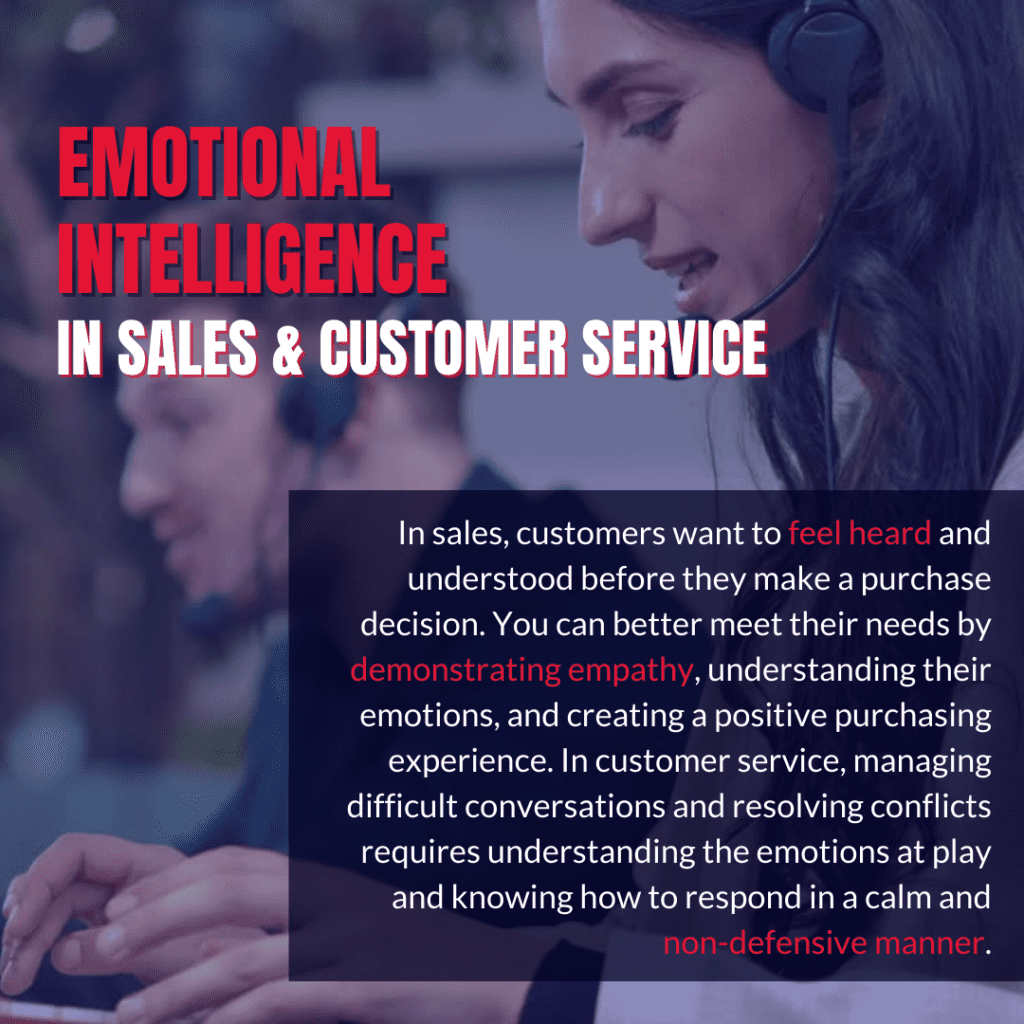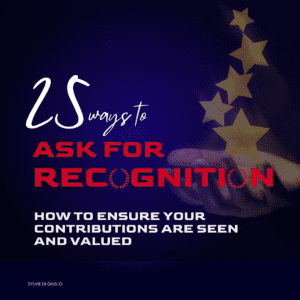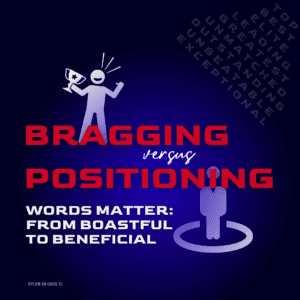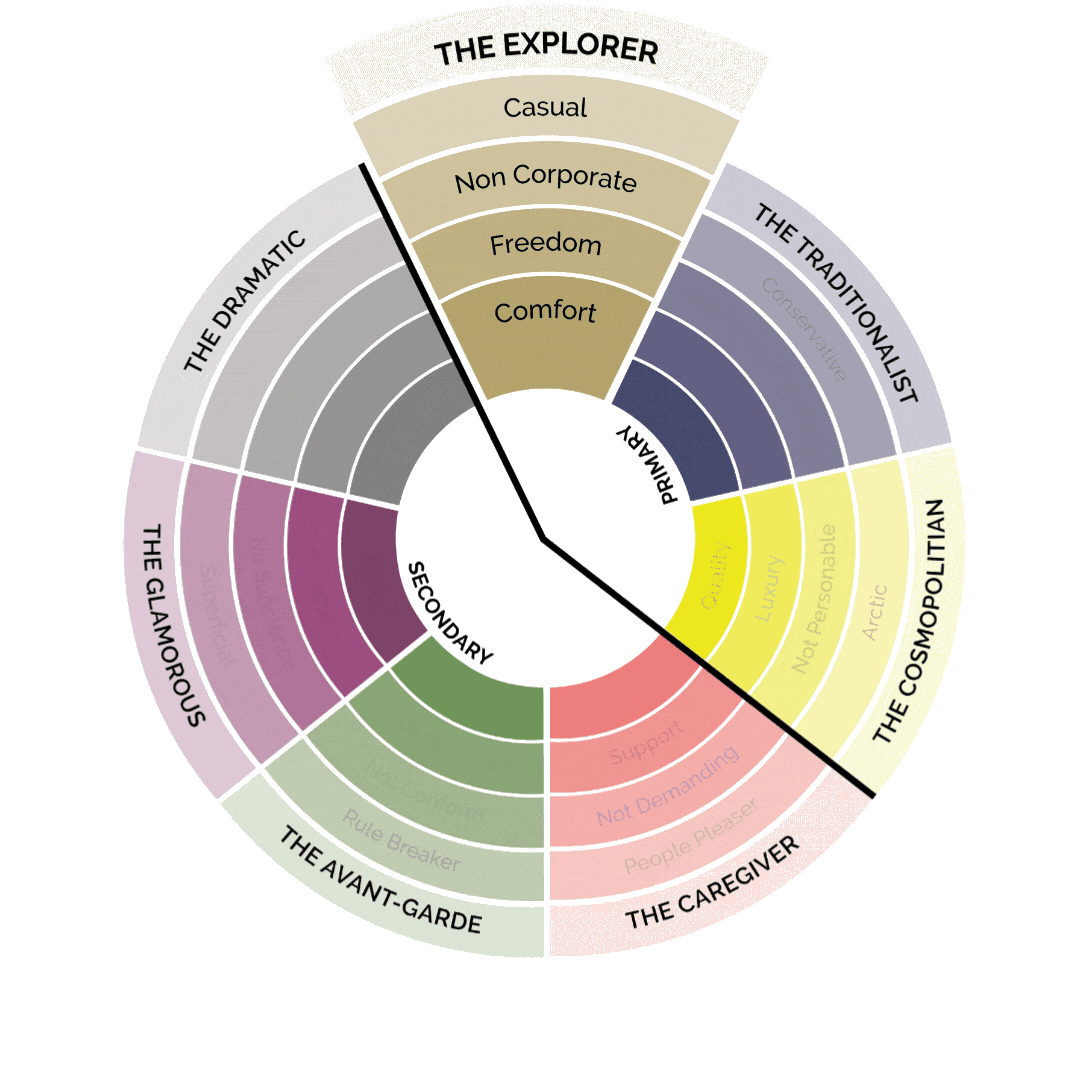Emotional Intelligence in Sales and Customer Service
Emotional intelligence is critical for success in any customer-facing role. Whether you are in sales or customer service, your ability to read other people’s emotions and respond accordingly can make or break the relationship. Let’s explore why emotional intelligence is so important in sales and customer service, some signs that you may not be interacting emotionally intelligent with customers, and how you can become more emotionally intelligent in your interactions.
Why is Emotional Intelligence in Sales or Customer Service so important for Professionals?
In sales, customers want to feel heard and understood before they make a purchase decision. You can better meet their needs by demonstrating empathy, understanding their emotions, and creating a positive purchasing experience. In customer service, managing difficult conversations and resolving conflicts requires understanding the emotions at play and knowing how to respond in a calm and non-defensive manner.
Professionals who work in sales or customer service need to be able to read other people’s emotions and respond accordingly. Building rapport, establishing trust, and closing deals will be easier if you can do that. Customers and clients want to feel like they are heard and understood. If you show them that you are attuned to their emotions, they will be more likely to trust and do business with you.
What are some signs that you are not interacting emotionally intelligently before, during, and after the sales process?
Signs that you may not be interacting with emotional intelligence in sales and customer service include consistently failing to meet customer needs, escalating conflicts, and receiving negative feedback from customers. This could occur because you are
- Not listening to what they are saying
- Not making eye contact
- Interrupting them
- Talking over them
- Talking at them instead of with them
- Failing to follow up after an interaction
- Not taking their concerns seriously
- Making promises, you can’t keep
- Overpromising and underdelivering
- Trying to force a sale
A low emotional intelligence in sales and customer service can also lead to burnout, and high turnover as professionals struggle to manage their own emotions in challenging interactions.
What are some signs that you are highly emotionally intelligent when interacting with customers?
Signs that you may have a high level of emotional intelligence in sales and customer service include being able to empathize with the customer’s perspective or problem, being able to effectively communicate and listen to their concerns, being able to handle challenging situations calmly and confidently, and being able to adapt your approach based on the individual customer’s needs. Additionally, a solid understanding of your emotions and how they may impact your interactions with customers can also be a sign of high emotional intelligence. You are perceived as someone with a high EQ if you are
- Listening attentively to what they have to say
- Asking questions to clarify understanding
- Maintaining eye contact throughout the interaction
- Speaking respectfully and avoiding interruptions
- Appearing interested and engaged in the conversation
- Thanking them for their business or their time
- Following up after the interaction as promised
- Showing genuine concern for their needs
- Making realistic promises that you can keep
- Delivering on your promises
- Respectfully handling objections
- Closing without being pushy
- Leaving them wanting more interactions with you!
As a realtor with a high EQ, you would be able to sense when a client is feeling hesitant about making an offer on the house and address those concerns before moving forward.
In the hospitality industry, a high EQ would allow you to pick up on guests’ emotions and anticipate their needs to provide exceptional service.
If you sell travel experiences, a high EQ will enable you to tailor the itinerary to the emotions and desires of your clients, ensuring a successful and enjoyable trip for all parties involved.
A customer service representative with a high EQ would be able to identify frustration in a customer’s tone and take steps to defuse the situation.
In the finance or banking industry, a high EQ would allow you to understand the emotions and concerns of your clients, allowing you to provide them with the best financial options for their individual needs.
Selling in the healthcare sector, a high EQ would allow you to empathize with the emotions and concerns of patients and their families, establishing trust and making it more likely for them to choose your healthcare services.
Overall, emotional intelligence in sales or customer service roles is essential. By actively practicing emotional intelligence, you can build stronger customer relationships and ultimately improve your success.
Emotional Intelligence in Sales and Customer Service in a Nutshell

PD: ¿Le interesan más contenidos como éste? No deje de visitar sígueme en Instagram. Es donde visualizo y publico mis pensamientos diariamente. Espero verte por allí.




